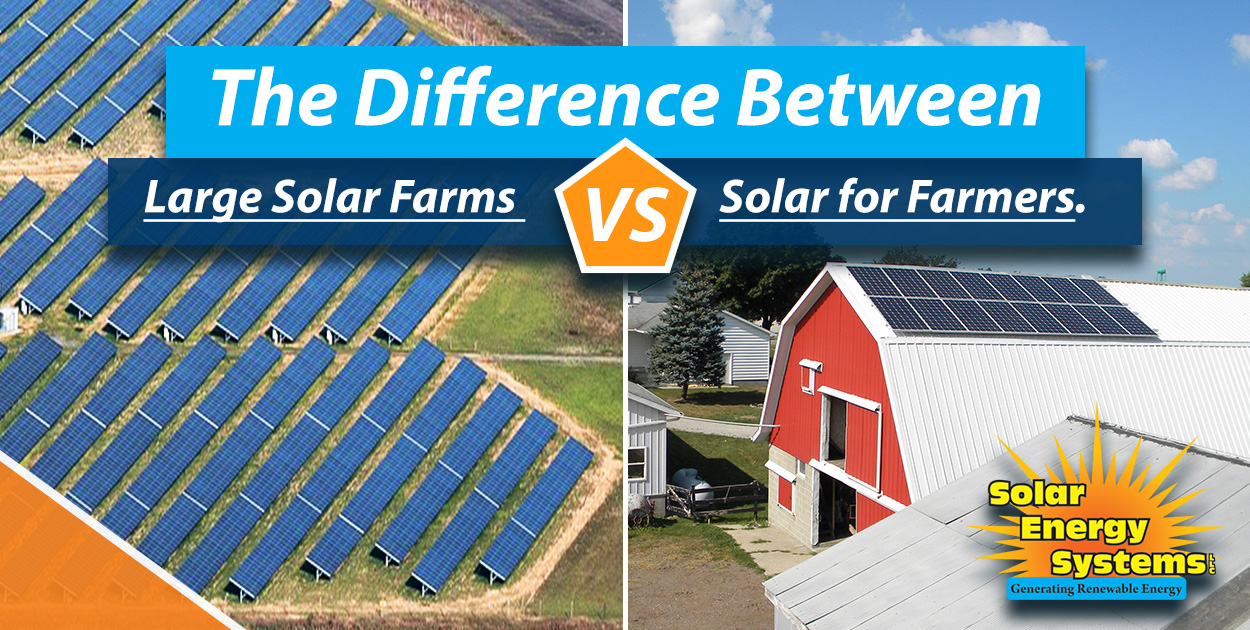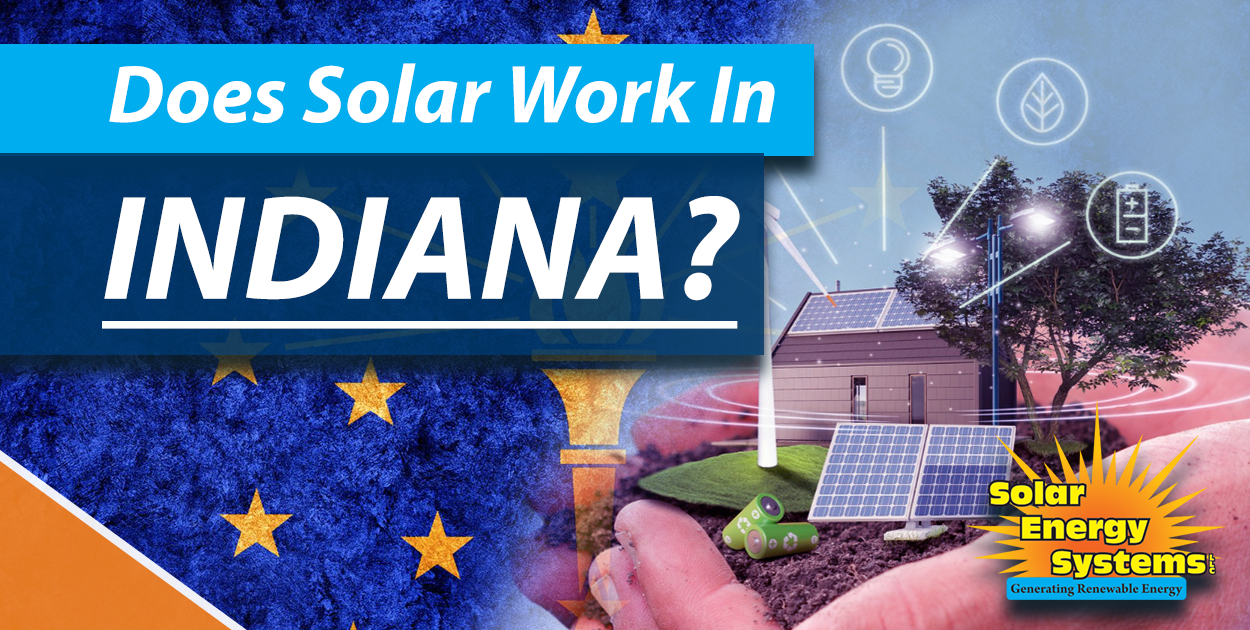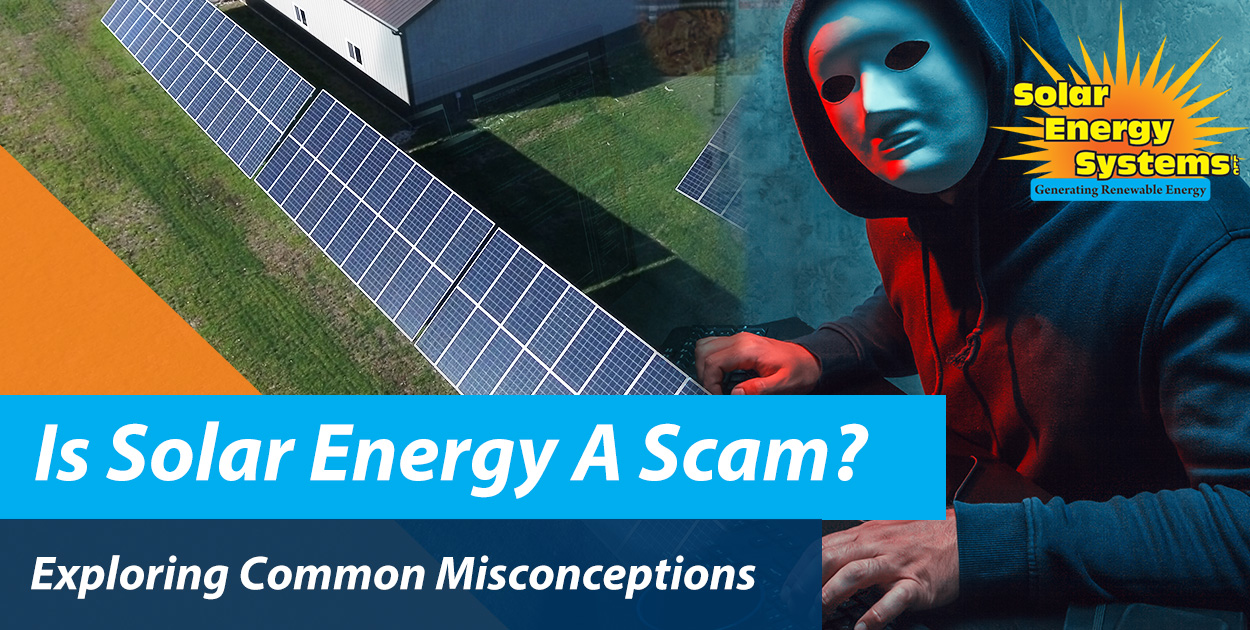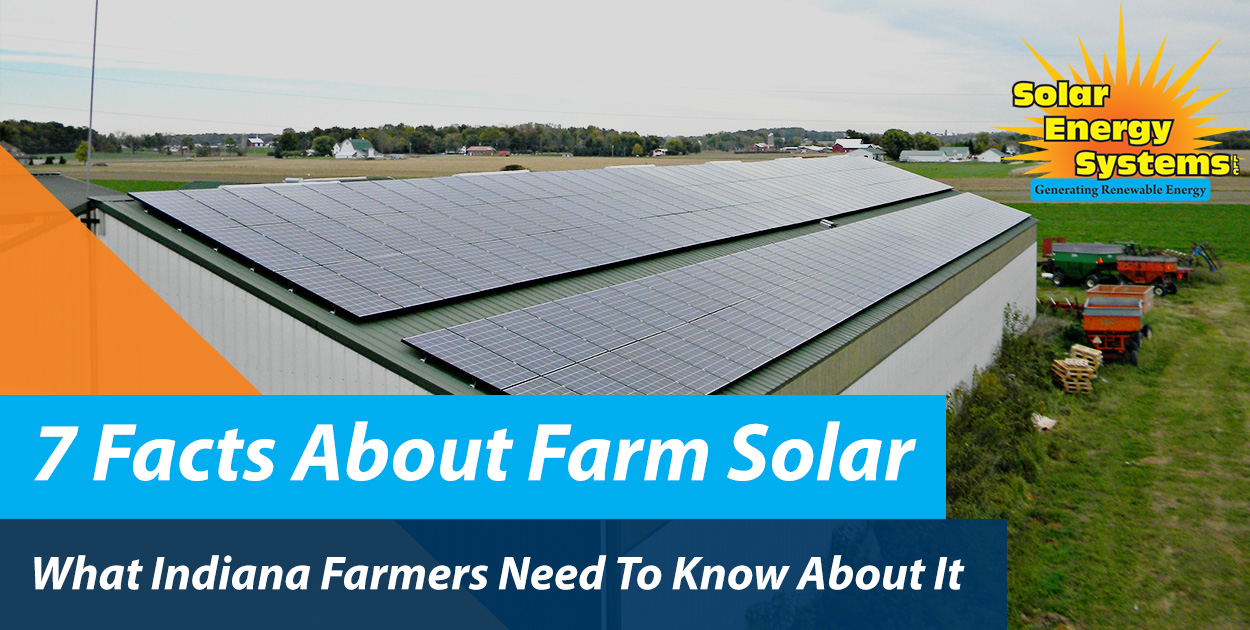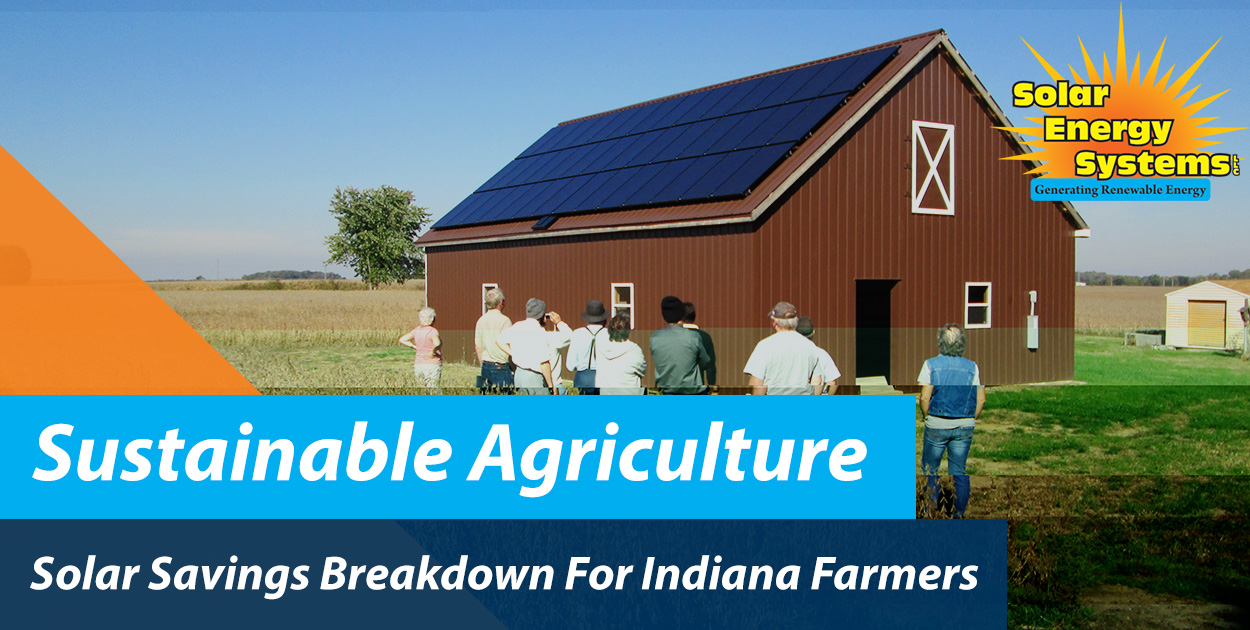Empowering Farmers: The Difference Between Solar Farms and Solar for Farmers.
Introduction
In recent years, solar energy has emerged as a game-changer in the world of renewable energy. It offers an eco-friendly and sustainable solution to our ever-growing energy demands while reducing our carbon footprint. However, not all solar initiatives are created equal. This blog post delves into the significant differences between solar farms and solar for farmers, emphasizing the importance of individual freedom and independence in the context of energy production.
Solar Farms: Corporate or Government Funded Projects
Solar farms, also known as utility-scale solar projects, have gained popularity as large-scale renewable energy initiatives. These vast fields of solar panels are often established by corporate entities or government agencies with the goal of generating electricity on a massive scale. While they contribute significantly to renewable energy production, they come with some notable drawbacks.
-
Land and Ecosystem Impact:
One of the most significant concerns associated with solar farms is their impact on the environment. These sprawling installations can cover vast expanses of land, leading to habitat destruction, soil disruption, and potential harm to local ecosystems. The land used for solar farms is often transformed from natural landscapes, impacting biodiversity.
-
Limited Individual Involvement:
Solar farms are typically owned and operated by large corporations or government entities. This centralized ownership model restricts individual participation and independence in energy production. Communities and individuals are often left without direct control over their energy sources, making them dependent on external entities.
-
Potential for Energy Loss:
Transporting electricity from solar farms to end users can lead to energy losses during transmission and distribution. This inefficiency can reduce the overall environmental benefits of solar power.
Solar for Farmers: Empowering Agriculture and Rural Communities
In contrast to solar farms, solar for farmers refers to commercial and residential solar systems, typically roof-mounted, designed to meet the energy needs of individual farmers, rural residents, and small businesses. Here’s why this approach is a game-changer:
-
Energy Independence:
Solar for farmers provides individuals and communities with the power to generate their electricity. By installing solar panels on their properties, farmers can reduce their reliance on traditional power grids and fossil fuels. This newfound energy independence empowers them to control their energy production and costs.
-
Reduced Electricity Bills:
Farmers and rural homeowners can benefit from significant cost savings by generating their electricity. Solar systems can offset electricity costs, making energy more affordable for individuals and small businesses in remote areas.
-
Environmental Benefits:
Roof-mounted solar panels have a much smaller environmental footprint compared to large-scale solar farms. They utilize existing structures, reducing the need for additional land use and minimizing habitat disruption. Solar for farmers can help protect local ecosystems.
-
Resilience and Security:
Solar for farmers also enhances energy resilience. In rural areas prone to power outages, solar panels with battery storage can provide backup power during emergencies, ensuring essential operations continue uninterrupted.
Conclusion
While solar farms undoubtedly contribute to renewable energy generation, they come with environmental and individual autonomy concerns. In contrast, solar for farmers empowers individuals, communities, and the agricultural sector to harness the sun’s energy for their benefit. By embracing roof-mounted solar systems, rural residents can reduce their environmental impact, lower energy costs, and enhance their energy independence.
As we move towards a more sustainable future, it’s essential to consider the impact and benefits of different solar energy approaches. Empowering farmers and rural communities with solar for farmers initiatives not only strengthens their economic prospects but also promotes a more sustainable and resilient energy future for all.
To get a free solar evaluation for your agricultural property click here.

